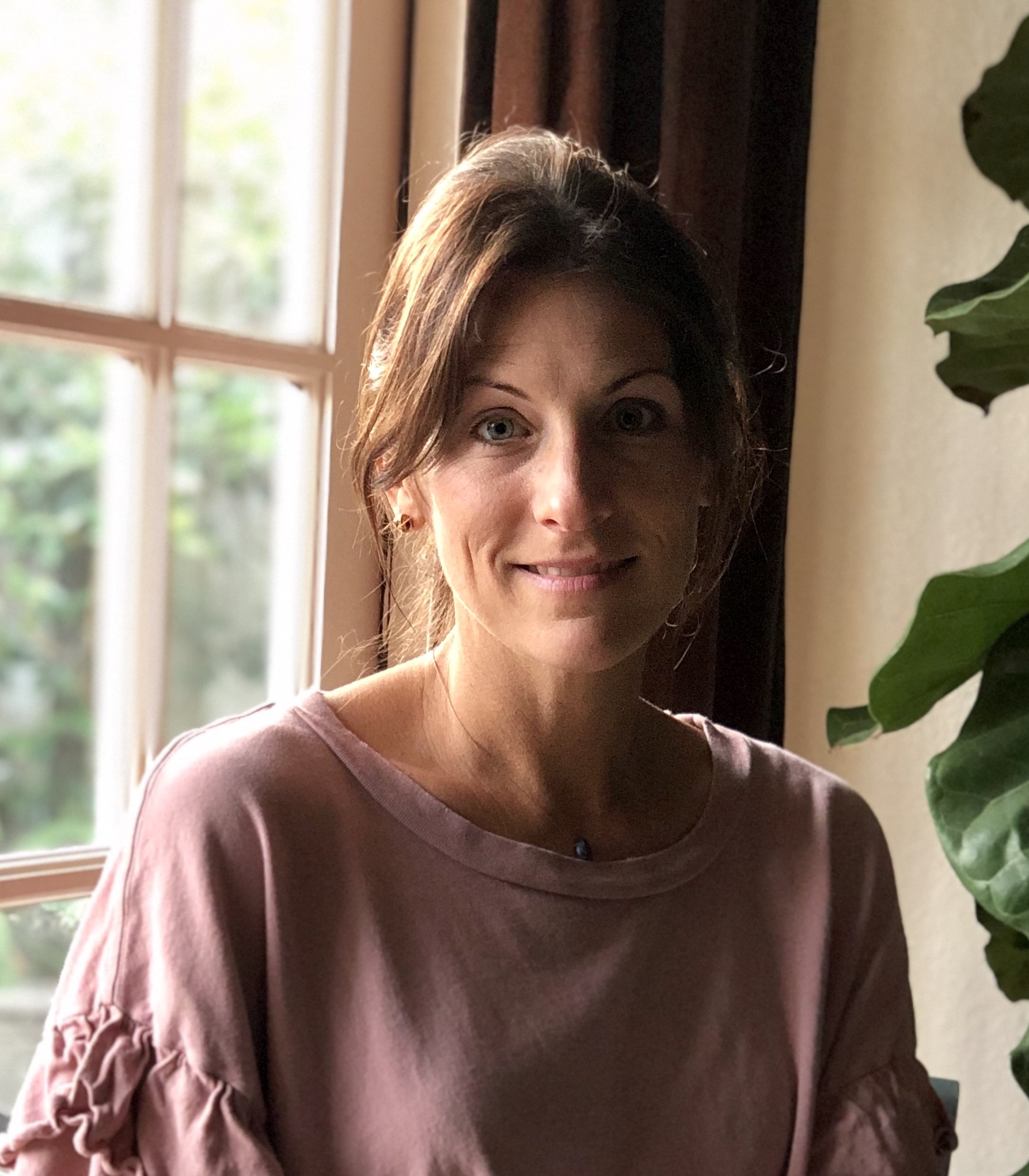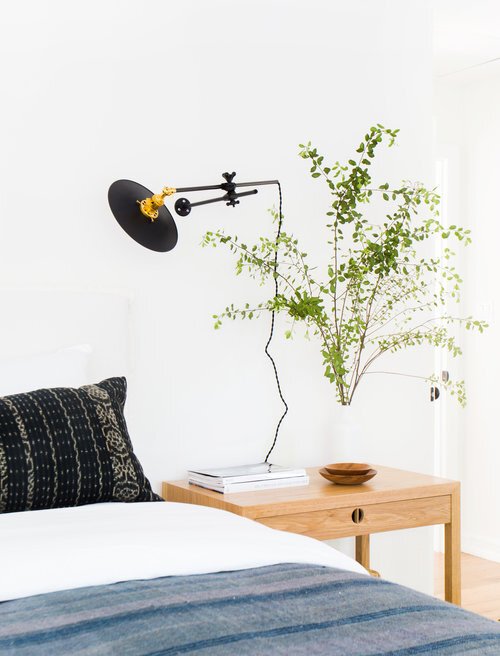
What Is Mental Load? (And Why Is It Important?)
My daughters were three and five when I learned there was a term for the exhausting running list I’d been carrying in my head since their births.
Although anxiety and sometimes paralyzing perfectionism were states I’ve struggled with my entire life, this felt different. It was the administrative steps I had to go through to replan my workday and provide care when one of the girls woke up sick. It was constantly anticipating both daughters’ needs and cognitively scrolling through all the options to fill them. Reminders and checklists filled my head as I lay in bed at night. All the planning, preparation, and organizing that took place before I had my first cup of coffee. This was my mental load — and it felt neverending and stifling all at once.
“It was the panic and fear of forgetting or missing something at home or work, and the extreme pressure and internal expectation to complete everything perfectly with no complaints.”
It was also the irritated feeling I got when my husband would kiss us goodbye and head off to work with seemingly little concern over our children’s needs. (In his defense, he was just confident I’d handle it.) On top of this, it was the panic and fear of forgetting or missing something at home or work, and the extreme pressure and internal expectation to complete everything perfectly with no complaints. None of my attention was focused. I felt guilt over being a grumpy mom, so-so employee, non-existent friend, and bitter wife.
Although I was fortunate to have (and still have) an active and involved husband, committed to being a good father, who truly wanted to help and manage a large part of the household tasks, I still felt that he didn’t grasp or appreciate the unseen work needed to keep everything together. Explaining things to him or delegating some of the work — no matter how willing he was — felt like adding another weight to my stack. I felt alone, utterly burnt out and flat-out drowning in my mental load. We both recognized we were in a cycle that needed to be broken; the question was how.
What exactly is a mental load?
Mental load is the cognitive and emotional effort used to manage your life and, in many cases, the lives of others. It’s the planning, stressing, anticipating, preparing, and organizing that takes place in your head. And it’s often invisible to those around you.
While mental load exists within career environments, from a mental health perspective, it’s more often discussed in a household management capacity. A mental load is not exclusive to women, but studies show women tend to shoulder the administrative burden when it comes to managing the home and family. More often than not, in a different-gender relationship where kids are involved, the captain of the household is the mom, and her mental load can be exponentially more significant than that of her partner.
“Mental load is the cognitive and emotional effort used to manage your life and, in many cases, the lives of others.”
This all means that it is crucial we find ways to manage mental load so it doesn’t get too overwhelming. A constant, heavy load can wreak havoc on relationships, producing conflict and resentment. It also can negatively affect our physical health, causing emotional exhaustion and burnout that can lead to long-term conditions like depression and anxiety. Burnout from an endless mental load can also induce sleep issues and make it easy to lean on unhealthy habits like social distancing, poor eating, and alcohol consumption.
Some people are naturally better than others at managing their mental load, due to a variety of factors. I’m a naturally high-strung, overachieving over-thinker. Even a minor mental task list feels heavy because I often have unachievable expectations. Someone who is more laid back and free-spirited may be able to release and offload aspects of their mental load, releasing or delegating it. Recognizing these personal tendencies is an important step in learning to manage the burden for yourself.
How can I manage my mental load?
At that pinnacle of my mental burden, I sought not only an explanation but also tools to help manage it. I discovered Denaye Barahona, mother, author, therapist, and host of the Simple Families podcast. Barahona was facilitating conversations about the mental load of motherhood, so I signed up for her online course. Her multistep approach allowed me to organize, release, or delegate much of my exhausting mental load.
Per Barahona’s suggestion, I spilled my mental load onto notecards for one week. At the end of that week, I separated my stack into three distinct piles: Keep it, lose it, or delegate it. The release from my head was cathartic, but these “thought piles” also gave me something tangible to share with my husband. All that invisible mental work on an endless loop in my head could now be visualized by someone who could help.
“Our mental load comes from working so hard to meet other people’s physical needs.”
– Meredith Piazza
Although Barahona’s techniques didn’t altogether remove the stress and responsibility from my life, the tools she offered facilitated ways to manage it. And the community she created around this course showed me that I was not alone. In the years since, I’ve discovered other strategies: Journaling, list-making, and self-care have become valuable tools. Speaking with friends about mental load also helps a lot. However, reducing cognitive load is not always easily accomplished with these simple tools. Sometimes, we need to take stronger action.
“Our mental load comes from working so hard to meet other people’s physical needs,” says Meredith Piazza, licensed clinical social worker, mom, and therapist based in Sarasota, Florida. “So we have to give ourselves that same attention.”
Piazza suggests a physical check of how your body feels. Asking yourself basic questions: “Are you eating? Are you sleeping? Are you able to meet your own physical needs?” If you are answering “no” to any of these questions, then it’s time to seek professional help.
“If the irrational thought list is getting long or you find yourself withdrawing from activities and not wanting to do anything or losing energy,” says Piazza, “It’s a good time to talk with someone.“ The task of finding the right mental health support can be daunting, so Piazza says starting with a primary care physician can be a good option for many.
Living with — and reframing — my mental load
I assumed my mental load would get lighter as my daughters got older and more self-sufficient, but that hasn’t exactly happened yet. I’m still juggling breakfast, lunch, and dinner planning, remembering to sign permission slips, and scheduling doctor appointments. I’m still ensuring our children’s (and dogs’) physical and emotional well-being. I am strategizing how to deal with tween drama and planning pick-ups, date nights, birthday parties, and playdates. A late-stage cancer diagnosis for my husband last year added an entirely distinct list of items to learn about and manage.
“Now that I have the terminology to discuss my mental load, I’ve found better ways to manage it, including getting better at relying on others to help when it gets too heavy.”
But now that I have the terminology to discuss my mental load, I’ve found better ways to manage it, including getting better at relying on others to help when it gets too heavy. Going forward, I’ll also take on another piece of advice from Piazza: Reframing my mental load to give it a positive spin. “A lot of moms feel like they are doing it the wrong way,” she says. “But there is not really a wrong way, it’s just how we perceive ourselves.”
She suggests we take inventory of all we do, and instead of letting it overwhelm us, we pat ourselves on the back. Honestly acknowledge and appreciate all that we accomplish every day. In addition, she suggests giving up a little bit of control and avoiding a dependency on external validation — trying to prove everything we do to others. Ultimately, we need to be our best cheerleaders (and delegators) and appreciate ourselves for everything that we are capable of. We’ll often find we are much stronger than we realized.
Randi Donahue is a freelance writer who lives on the Gulf Coast of Florida and is fortunate to live right next to a glorious nature preserve and a few miles from a white sandy beach. She and her family are passionate about nature, health & wellness, and sustainable living and believe the path to a healthy and prosperous life requires authenticity, kindness and a whole lot of fresh air.




